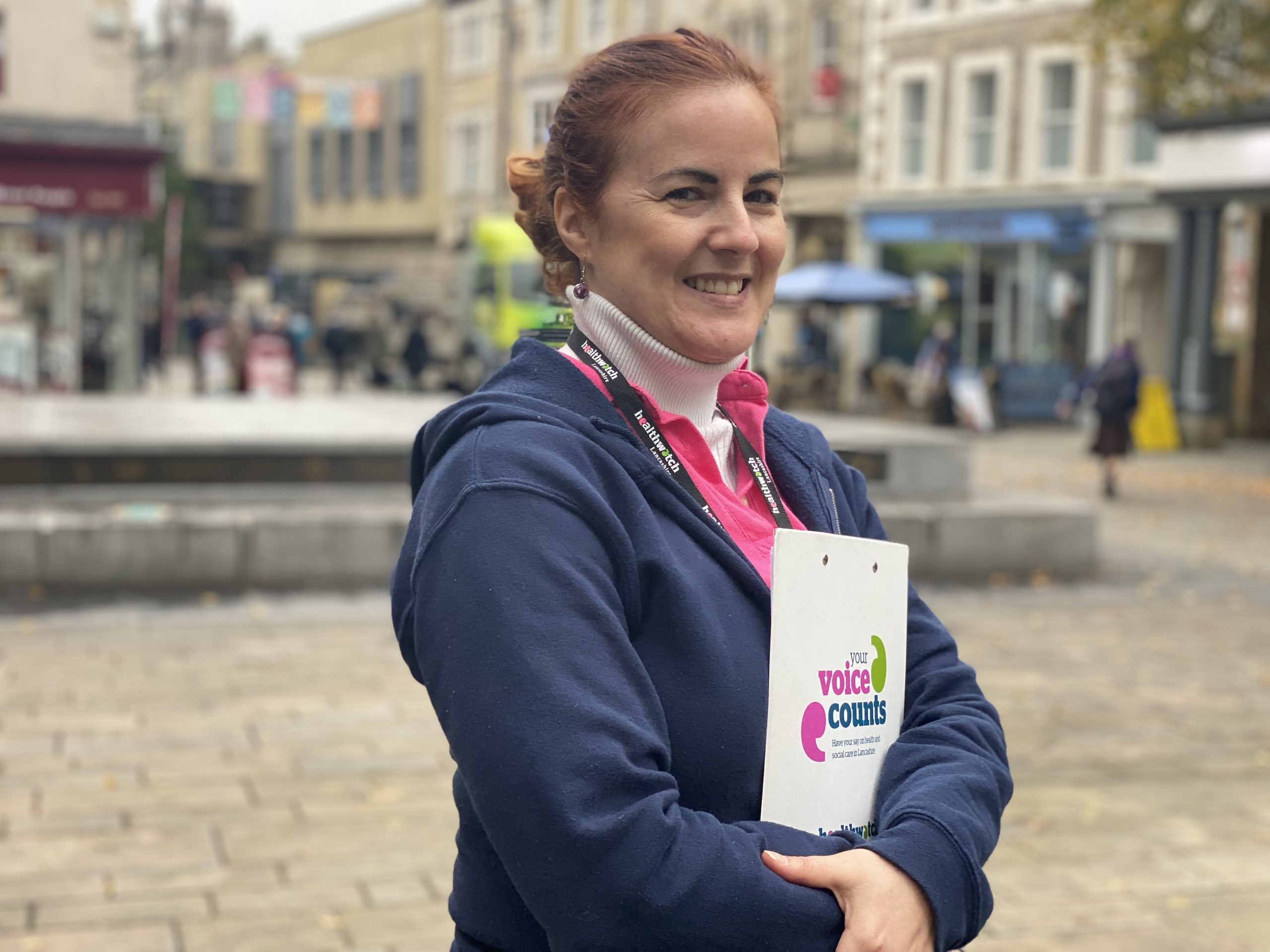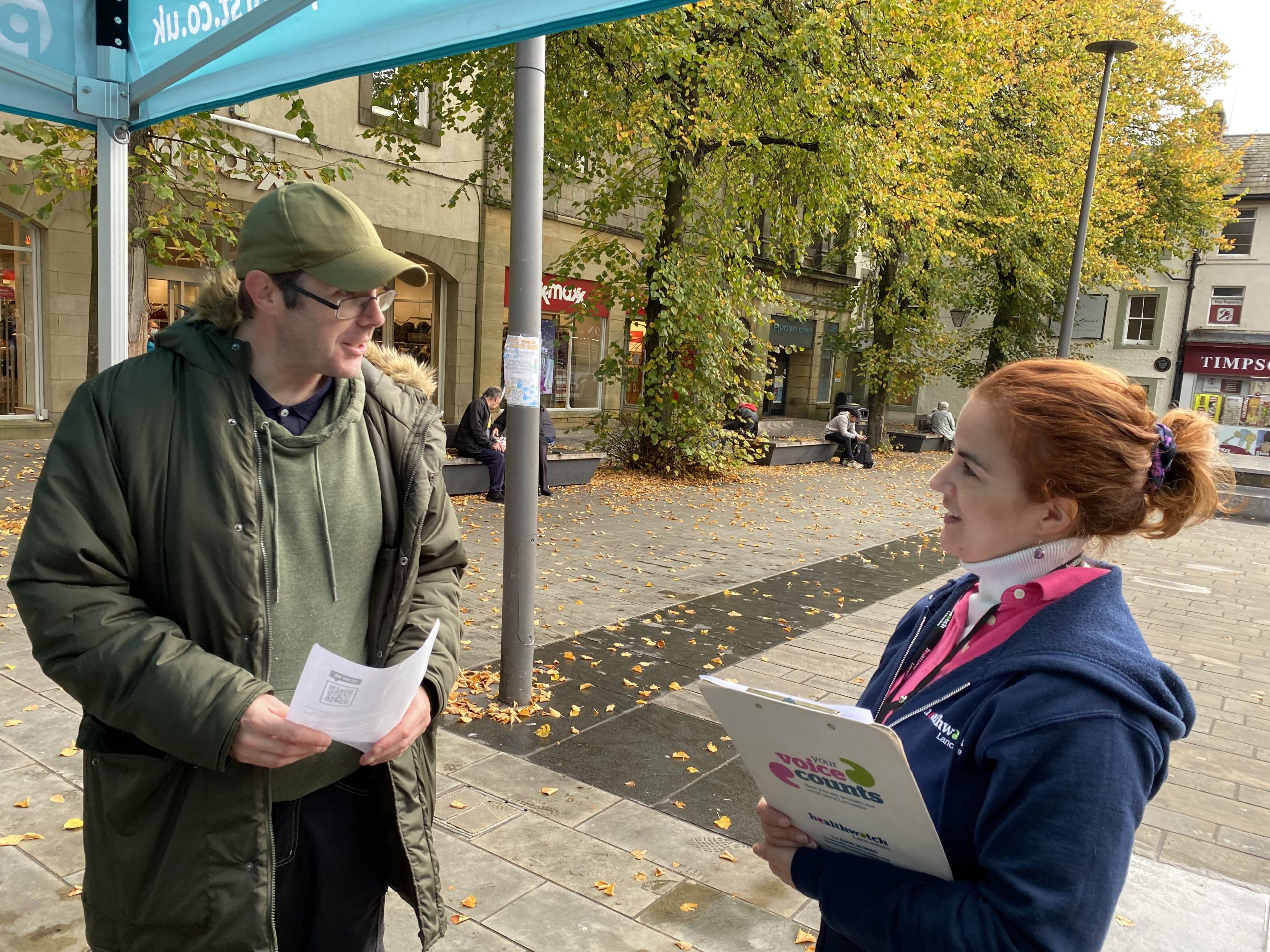How to complain about a service

Most medical care and treatment goes well, but things occasionally go wrong, and you may want to complain. So where do you start?
The NHS has its own complaints procedure, which is always the first step for any complaint.
However, the NHS complaints procedure does not cover cases in which you wish to complain about:
- a regulator
- private health services
- report professional misconduct
- or raise concerns about a care home or social care service.
For more information about making a complaint about a specific service, take a look below.
Information for making a complaint about:
Most hospitals have a Patient Advice and Liaison Service (PALS). They offer confidential advice, support and information on health-related matters to patients, their families and their carers. Find your local PALS office.
You can contact the ICB if you have a complaint, compliment, enquiry or comment. Their website has useful information including who to contact to make a complaint and their complaints policy.
Advocacy Focus is an independent advocacy charity who exist to help people obtain appropriate, independent and free advocacy support within Lancashire. They support people to have their voice heard as well as helping people to understand their rights and express their views.
They offer a range of advocacy services including Independent Mental Health Advocacy, Independent Care Act Advocacy, Independent Mental Capacity Advocacy, NHS and Social Care Complaints Advocacy and more.
Please click here to visit the Advocacy Focus website.
Phone number: 0300 323 0965
Email: admin@advocacyfocus.org.uk
The Health Service Ombudsman considers complaints about the NHS in England that have not been resolved locally. The Ombudsman investigates whether the NHS has acted properly or fairly, or if they have provided a poor service.
The Ombudsman independently investigates complaints and can look at complaints about hospitals, GPs, dentists, pharmacists, opticians, nurses, ambulances, and others providing NHS services.
Try to resolve the complaint with the relevant organisation yourself first, or with the help of an advocate. The Ombudsman generally only acts after the organisation has been given a chance to respond and act to make amends (if appropriate).
To make a complaint now, go to the Parliamentary and Health Service Ombudsman website.
Your local Citizens Advice Bureau can be a great source of advice and support if you want to complain about the NHS, social services or local authorities. You can search for your local Citizens Advice Bureau on its website.
If you, or someone you’re looking after if you’re a carer, wants to complain about a decision made by social services, you can use the statutory complaints system.
If you want to complain about your local authority, you should do so in writing or verbally to the complaints manager within 12 months of the incident.
The local authority should acknowledge it has received your complaint within three working days. It will inform you of how long your complaint is likely to take to investigate. The local authority must respond fully within six months, unless a different time period has been discussed and agreed with you.
Each local authority is responsible for arrangements for dealing with complaints, so contact your local authority for a copy of their complaints procedure.
If you are not satisfied with the response you receive from your local authority, you are entitled to ask the independent Local Government Ombudsman (LGO) to investigate. The Ombudsman can investigate complaints about local councils. Further information is available on the LGO website.
In some cases where there is a serious error of law, it may be possible to apply to the High Court for a judicial review of the decision made by the local authority.
The time limit for applying for permission for a judicial review is three months from the date of the decision you want to complain about. This three-month maximum period of time is strictly applied.
This type of legal action can be expensive, unless you qualify for public funding – find out more about legal aid. You will need the help of a solicitor who specialises in community care law. To find a qualified solicitor, visit the Law Society website, or contact the Citizens Advice Bureau.
Care homes or care services
You, or the person you’re looking after, may have a complaint about a residential care home or nursing home. A complaint could be about the quality of care provided or the fees charged. There are a number of ways you can make a complaint.
If the care is funded or arranged by a local authority, that local authority is responsible for it, even if it is provided in an independent care home. You should complain to the local authority, and if you are not satisfied with the response, then contact the Local Government Ombudsman (as detailed above).
If you are funding or arranging your own care, you should make a complaint to the care home operator. The law says all care homes must have an appropriate complaints procedure. If you’re worried about doing so, you can complain directly to the regulator responsible for all care homes and regulated care services instead.
At present, the Care Quality Commission (CQC) is responsible for regulating care homes and all regulated care services. It monitors, inspects and regulates services to make sure they meet fundamental standards of quality and safety. Its role is to ensure the services comply with regulations and quality standards.
If you have experienced poor care or know that poor care is being provided somewhere, you can report it to the CQC, anonymously if you wish. You can also tell them when you have received good care.
If the local authority is responsible for placing the person you’re looking after in a care home or for creating a care plan for them, or arranging their care for them, it is possible to use their statutory social services complaints system to make a complaint.
If the local authority complaints procedure does not resolve the complaint, it may be possible to use other complaints methods, such as the LGO.
If you do complain to the CQC or local authority, they should liaise with the care home or care service to ensure that you receive a coordinated response.
If you’re a “self-funder” – paying for your own care costs – you can take the complaints to the LGO if you’re not satisfied with the outcome of the initial direct complaint to the care provider, or the response from the local authority. But remember, the complaint can only be made to the local authority if they had a hand in helping you arrange your care.
Some of the most serious complaints involve alleged physical or psychological abuse or neglect within the care home. If you believe this may have occurred, contact the local authority as quickly as possible.
Each local authority has a safeguarding team responsible for responding to allegations, even if the local authority wasn’t involved in arranging residential care. The local authority will liaise with the police and the CQC if appropriate.
Find out more about supporting vulnerable adults and safeguarding.
For full information on safeguarding guidance and the work of the Lancashire Safeguarding Adults Board, please visit their website at the link below:




